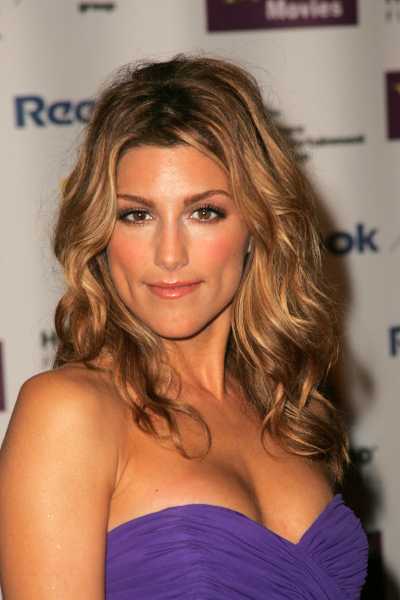Wanna talk?
HairTalk® is the place for you!
Hair Glossary
Lastest Added Terms
Term: Hair On Fire
A phrase believed to have originated among Navy aviators, intended to convey a sense of hair-raising urgency. It became a phrase of the day at the hearings before the commission investigating events that led to 9/11 where Donald Rumsfeld used it. Rumsfeld said such alarm wasn't uncommon: '... In the three years since I've been back in the Pentagon, there have been people running around with their hair on fire a lot of times. It isn't like it's once or twice or thrice.'...
Capt. Earle Rogers, a retired Navy flier, vice president for communications at the Naval Air Museum Foundation in Pensacola, Fla., reported that the Hair On Fire phrase goes back at least 25 years, probably more. 'I think the term is probably specific to naval aviation,' he said. 'It's just a phrase somebody coined, I'm not sure when. But it's one we all understand.' But what does it mean?...'Just what it sounds like,' Rogers said. 'You use it to describe one of those days that are just so frustrating, where you have so many balls up in the air, and you're trying to juggle so many things.' Frantic? Like, that, but more under control. 'It's like when you're going around in tight, tight circles ... trying to keep out of the way of enemy fire. Your hair can be on fire, but you still land the plane safely.'
Rogers said that, to his knowledge, the phrase has nothing to do with the hair of pilots actually catching on fire in flight - it's more a figure of speech. He said he wasn't surprised to hear it was used by Rumsfeld, whose father was a Navy aviator. While Navy aviators may have brought the phrase into more common use, references to 'hair on fire' can be found much earlier - from the teachings of ancient Buddhists to the 1939 James Joyce novel Finnegan's Wake.
Joyce was clearly - to borrow some more aviator jargon - pushing the envelope when he wrote: "The Flash that Flies from Vuggy's Eyes has Set Me Hair On Fire, His is the House that Malt Made, Divine Views from Back to the Front, Abe to Sare Stood Icyk."
Ancient Buddhist wisdom - a little easier to grasp than Joyce, or, for that matter, Rumsfeld - holds that a person should seek enlightenment in the same way a person whose 'hair is on fire' would seek water, meaning with the utmost urgency.
It was in 1986, though, that 'hair on fire' got its biggest boost - being used in a line from that year's top-grossing movie, Top Gun.
'You're not going to be happy unless you're going Mach 2 with your hair on fire,' Kelly McGillis (Instructor Charlotte Blackwood) says to Tom Cruise (Lt. Pete "Maverick" Mitchell)."
From "Engulfed by lingo: How colorful military phrases -- such as 'hair on fire' -- infiltrate the English language" by John Woestendiek, Baltimore Sun Staff, originally published March 27, 2004. Reprinted in the Lexington (Ky.) Herald-Leader on April 11, 2004. Online at http://www.baltimoresun.com/features/bal-to.lingo27mar27,0,1155542.story?coll=bal-features-headlines Accessed April 11, 2004.
Quick Poll



